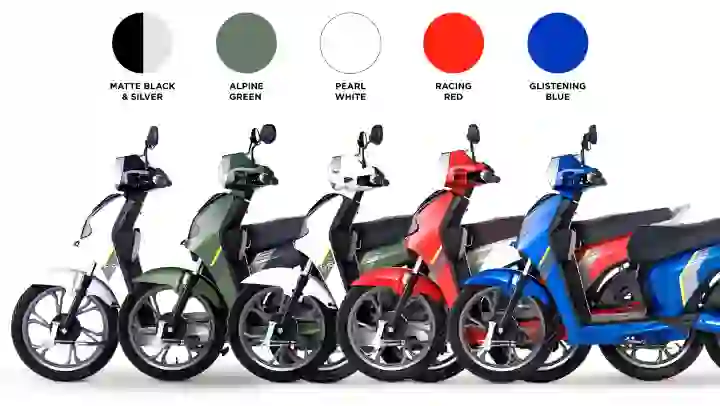The world is currently undergoing a major shift towards sustainable and cleaner energy, which involves the adoption of electric vehicles (EVs). Although this shift brings several advantages, such as reducing carbon emissions and improving air quality, it also has a significant impact on the job market, creating both opportunities and challenges.
The EV industry has seen remarkable growth in recent years, and it is predicted to continue expanding in the future. According to Deloitte’s report, the global EV market is projected to grow at a compound annual growth rate of 29% between 2022 and 2030, with EVs accounting for over 50% of new car sales by 2030. In India, the EV industry is expected to grow at a CAGR of 68% until 2027. The shift towards EVs is driven by various factors, including government policies and incentives, environmental concerns, and technological advancements. Governments are offering incentives such as tax credits, subsidies, and grants to encourage EV adoption.
In addition to that, technological advancements, such as better batteries and charging infrastructure, are making EVs more practical and appealing to consumers. One of the significant impacts of the EV transition on the job market is the creation of new job opportunities in various fields.
The Effect Of The Shift Towards Electric Vehicles On Employment Opportunities.
The shift towards electric vehicles has a considerable impact on employment opportunities, creating new job prospects for workers in the automotive industry and related sectors. Various fields, including battery manufacturing, charging infrastructure, and software development, have seen significant growth in job opportunities. The Bureau of Labor Statistics (BLS) predicts that battery production for electric vehicles will generate more than 23,000 new jobs in the US by 2026. According to Deloitte, the EV industry is expected to create approximately 11 million jobs globally by 2030, with over 70% of them in China and Europe. The majority of these new jobs will be in battery manufacturing, with additional employment opportunities in charging infrastructure, software development, and other related areas.
Moreover, the growth of the EV industry has led to an increased demand for engineers and technicians who can design, develop, and maintain EVs and their components. The BLS predicts a significant increase in demand for mechanical and electrical engineers, as well as technicians, due to the shift to EVs. Furthermore, the rise in EV adoption has created a need for workers with skills in renewable energy, energy storage, and power electronics.
Developing new software and technology for EVs is also creating new job opportunities in the automotive industry. Sophisticated software and control systems are required for electric vehicles, and companies are investing heavily in research and development to improve the efficiency and performance of EVs.
Check This Out: How Safe Are Electric Vehicles? A Growing Need To Address

Issues that the job market is facing
The expansion of the electric vehicle (EV) industry is anticipated to produce a large number of new employment opportunities worldwide, and countries that invest in the EV industry will likely enjoy significant long-term economic advantages. However, the transition is not going to be a simple process. The conversion to EVs poses various challenges for the job market, particularly for workers in the conventional automotive industry.
As EVs become more prevalent, the production of internal combustion engine (ICE) vehicles is predicted to decline, which may result in job losses in the automotive manufacturing industry. In the United States, the switch to EVs could cause a 10% decrease in employment in the automotive manufacturing industry by 2030, according to Deloitte. Nevertheless, the report also notes that the growth of the EV industry is expected to generate new employment opportunities in other areas, helping to counterbalance some of the losses.
Additionally, the transition to EVs necessitates a significant investment in training and re-skilling workers in the automotive industry, who will need to learn new skills and acquire knowledge different from those required for ICE vehicle production. While the shift toward EVs presents both new opportunities and challenges for the job market, it is a crucial step towards a greener and more sustainable future. To successfully navigate this transition, policymakers, industry stakeholders, and workers will need to collaborate.
Do not forget to join our exclusive AutoHunters Auto Enthusiasts Whatsapp Group (click via mobile to join) to be a part of interesting automotive discussions.




